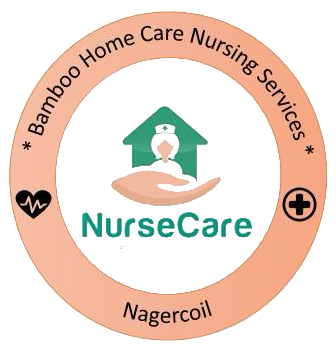Caring for an aging loved one is more than just meeting their physical and medical needs—it’s about nurturing emotional well-being, dignity, and connection. As seniors grow older, one of the most common challenges they face is loneliness. Families play a vital role in bridging this gap, ensuring their loved ones feel valued, supported, and engaged in life.
Family Involvement in Senior Care: Staying Connected

1.Why Family Involvement Matters
When seniors receive care, whether at home or in a professional setting, they thrive most when their family remains actively involved. Beyond companionship, family involvement helps create a sense of purpose and belonging. A familiar voice, a shared memory, or even a regular phone call can significantly reduce stress and feelings of isolation.Research consistently shows that seniors who maintain strong family connections enjoy better mental health, improved cognitive function, and even enhanced recovery from illness. Simply put—family presence is as healing as medicine.
2.Simple Ways to Stay Connected
Staying connected doesn’t always require grand gestures. What matters most is consistency and sincerity. Here are a few meaningful ways families can be part of senior care. Regular Visits: Even short visits make a difference. Face-to-face interactions bring comfort and joy that technology can’t always replace.Frequent Communication: Phone calls, video chats, and voice notes help seniors feel included, especially if distance is a barrier.Shared Activities: Engaging in hobbies, watching old movies, cooking a favorite dish, or reading together fosters bonding.Involvement in Decisions: Seniors should have a say in their care. Family participation in medical appointments or care planning helps them feel respected.Celebrating Milestones: Acknowledging birthdays, anniversaries, or even small accomplishments can brighten their day.
3.Supporting Caregivers Together
Caring for seniors often involves professional caregivers, and family involvement should complement—not replace—their efforts. Working as a team ensures that seniors receive holistic care. Families can provide emotional support, share valuable history about their loved one, and reinforce the caregiver’s role, creating a compassionate and balanced environment.
4.Creating Lasting Bonds
Family involvement in senior care is not just about looking after health—it’s about preserving identity, memories, and relationships. Staying connected helps seniors know that they are not a burden but a cherished part of the family’s story. These moments of love and connection often become lasting memories for both the senior and their family members.
Final Thoughts
As life gets busier, it can be easy to assume that professional care alone is enough. But seniors need more than medical attention—they need connection. Staying involved doesn’t always require big commitments; small, consistent gestures build trust, joy, and a stronger bond. By showing up, listening, and staying engaged, families can make the golden years truly golden.
